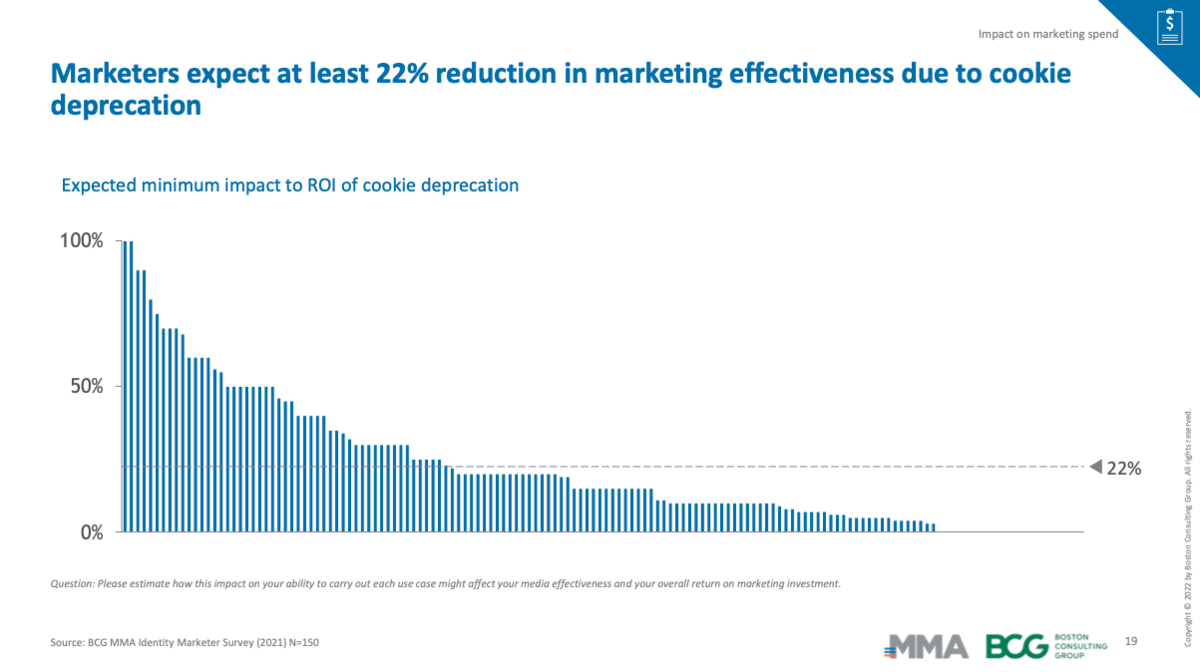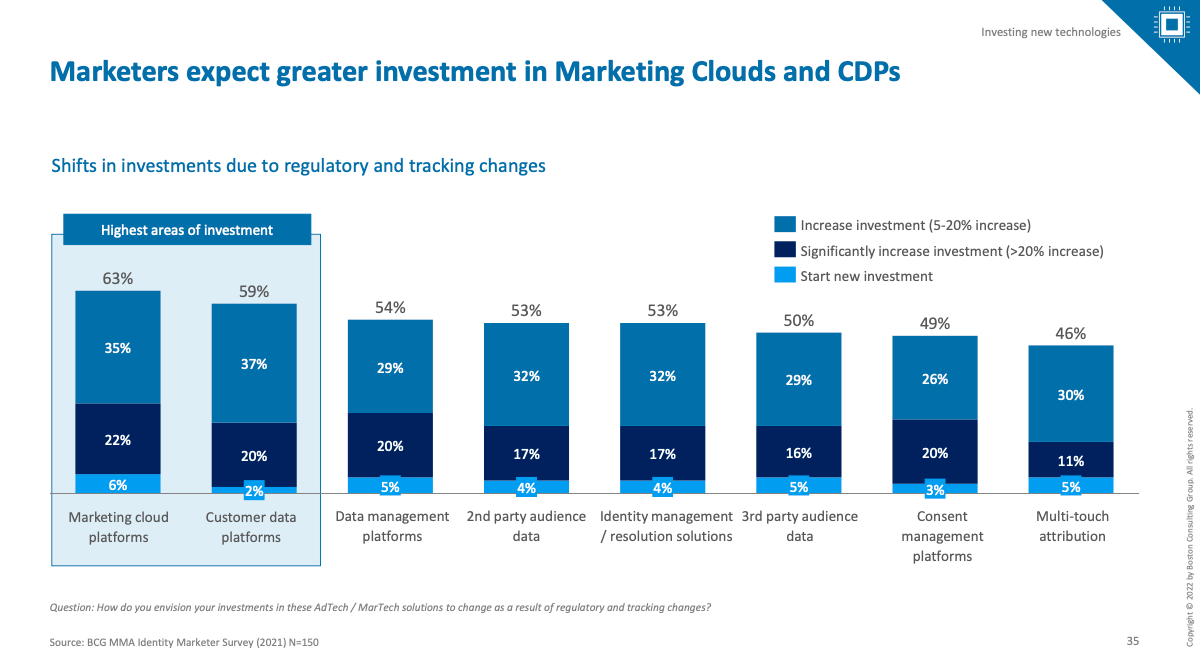In the digital age, changes come fast and furious and if marketers do not keep up, well let’s just say they may be in for a rude awakening. As is usually the case, there are lots of changes afoot for marketers and while the big change has been delayed, there are still plenty of changes to be ready for.
The big change I referred to is Google Third Party Cookie Deprecation, which has now been delayed multiple times. The latest date Google has told us this will happen is sometime in the second half of 2024. And we all know a lot can happen between now and then. And probably will.
But while Google has hit the pause button, there are still plenty of changes marketers must contend with in today’s world, most notably ongoing changes in data privacy regulations including a change in Apple's privacy and data collection policy requires mobile marketers to ask users' permission before tracking them.
Unprepared For What’s To Come
The aptly titled report, The Year of Change In Digital Marketing, released by MMA Global, in partnership with the Boston Consulting Group (BCG), reveal that marketers are struggling to adapt to the shifting identity, privacy and regulatory landscape – struggling so much that 9 in 10 of them are feel unprepared to adapt to these changes.
Here are the some of the key findings along with what marketers can do to address each.
Finding: Marketers expect at least 22% reduction in marketing effectiveness due to cookie deprecation.

What Marketers Can Do: While we already know 3P cookie deprecation is over two years away – at the least – now is not the time to wait until you think it’s time to do something to address when it finally does happen. The best marketers always have one eye on the present and one on the future and this is a classic example of why.
Getting as much first-party data you can get before Google “flips the switch,” as Mollie Spilman, the Chief Revenue Officer for Oracle Advertising and Marketing put it, is critically important. In a piece written last year, yet highly relevant today, Spilman says smart advertisers will take full advantage of the time left and increase the amount of first-party data they capture, with a clear value exchange for the consumer.
Examples of brands doing this include Cheez-It, Dunkin' Donuts, and Panera who offer swag; and McDonald's and Taco Bell, who invested in loyalty programs.
Finding: 50% of marketers believe that their CMO does not fully understand implications of changing privacy regulations.
What Marketers Can Do: I must admit, this one threw me for a loop. To think that half of marketers don’t have faith in their CMOs was and is, disconcerting. What these marketers can do is, quite simply, engage in conversations with their CMO. I realize that sounds like an over-simplification, however, there is clearly a breakdown in communication when half of marketers feel this way. But this goes both ways and if you’re a CMO you may need to do a better job at communicating, too.
Finding: Marketers expect greater investment in Marketing Clouds and CDPs.

What Marketers Can Do: They’re already doing it. The research showed an increase in the investment companies are making into cloud-based and customer data platforms with 63% and 59% investing in these, respectively with the main reasons being affordability, compliance, and ability to track cross-platform and device.
Wrapping Up
The theme of this piece is of course, change. Yes, it is the only constant in life and marketers must embrace change, literally, every single day. From the latest viral trend or video to what’s new in technology to so many other points on the digital marketing map – change is all around us.
Again, I realize this sounds simplistic and obvious, but I cannot stress hard enough the need for CMOs and marketers alike to always be one step ahead; to always be open to change.
Click here to download The Year of Change in Digital Marketing PLUS you will also want to register for The Great CDO Debate, a series of four free webinars, featuring 16 thought leaders and three exclusive reports, which follow a one-year collaboration with The University of Oxford on the current and future state of the role of Chief Digital Officer.

Add new comment